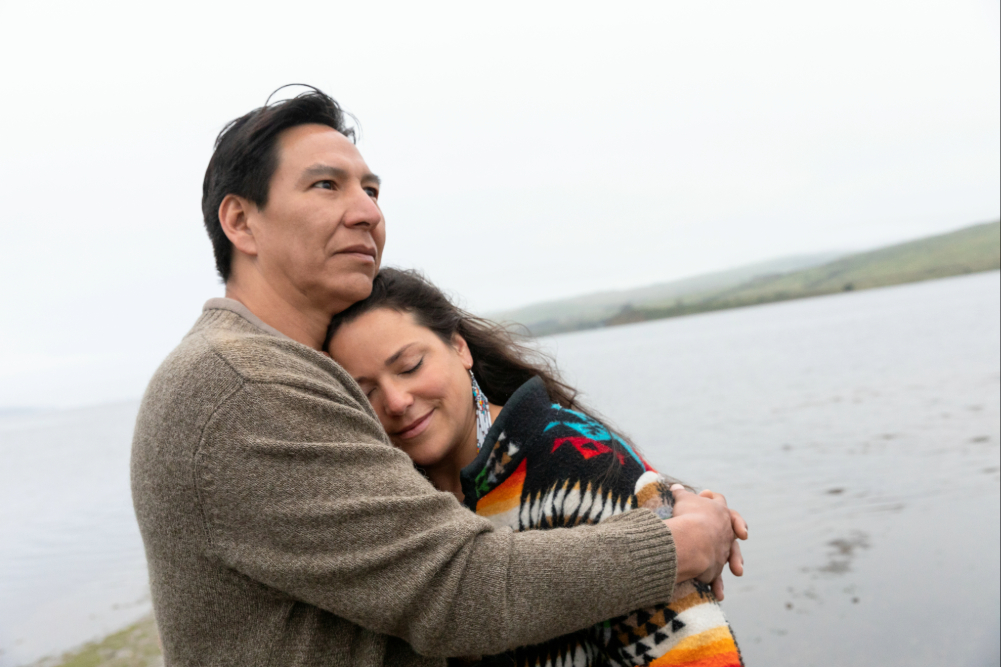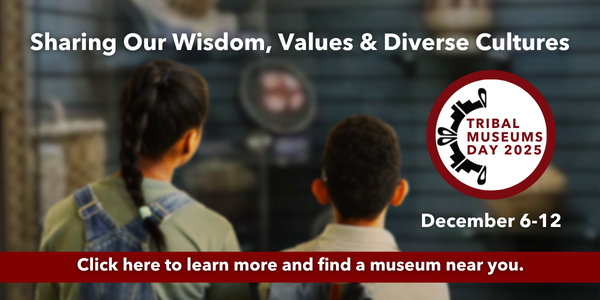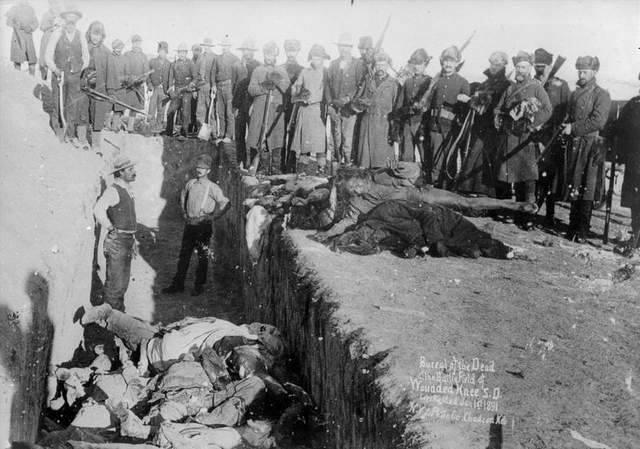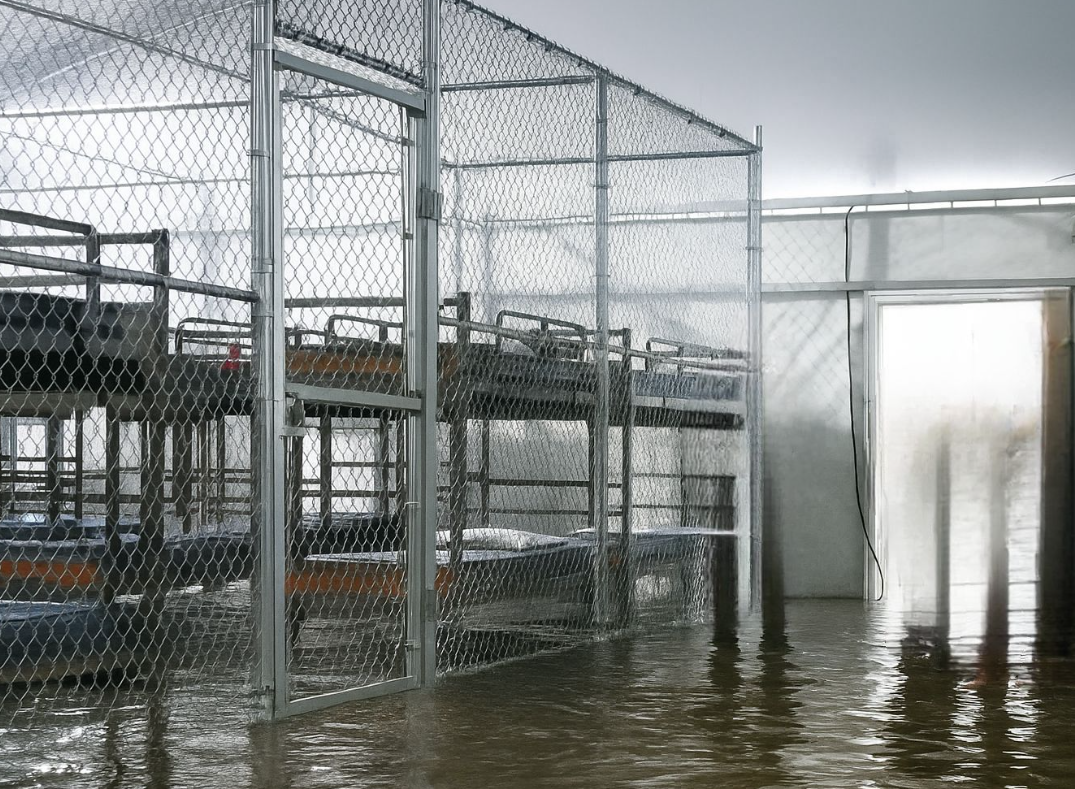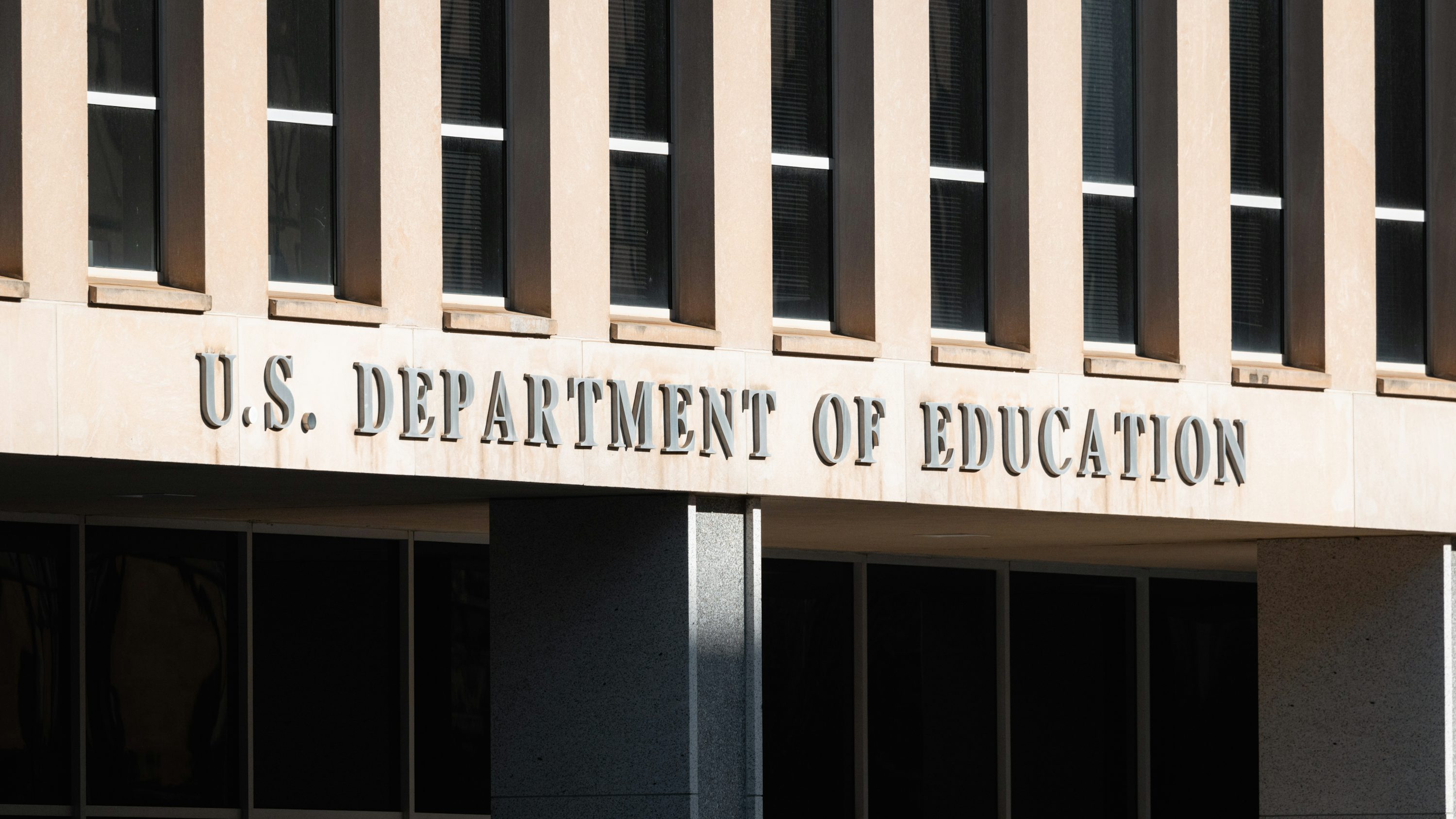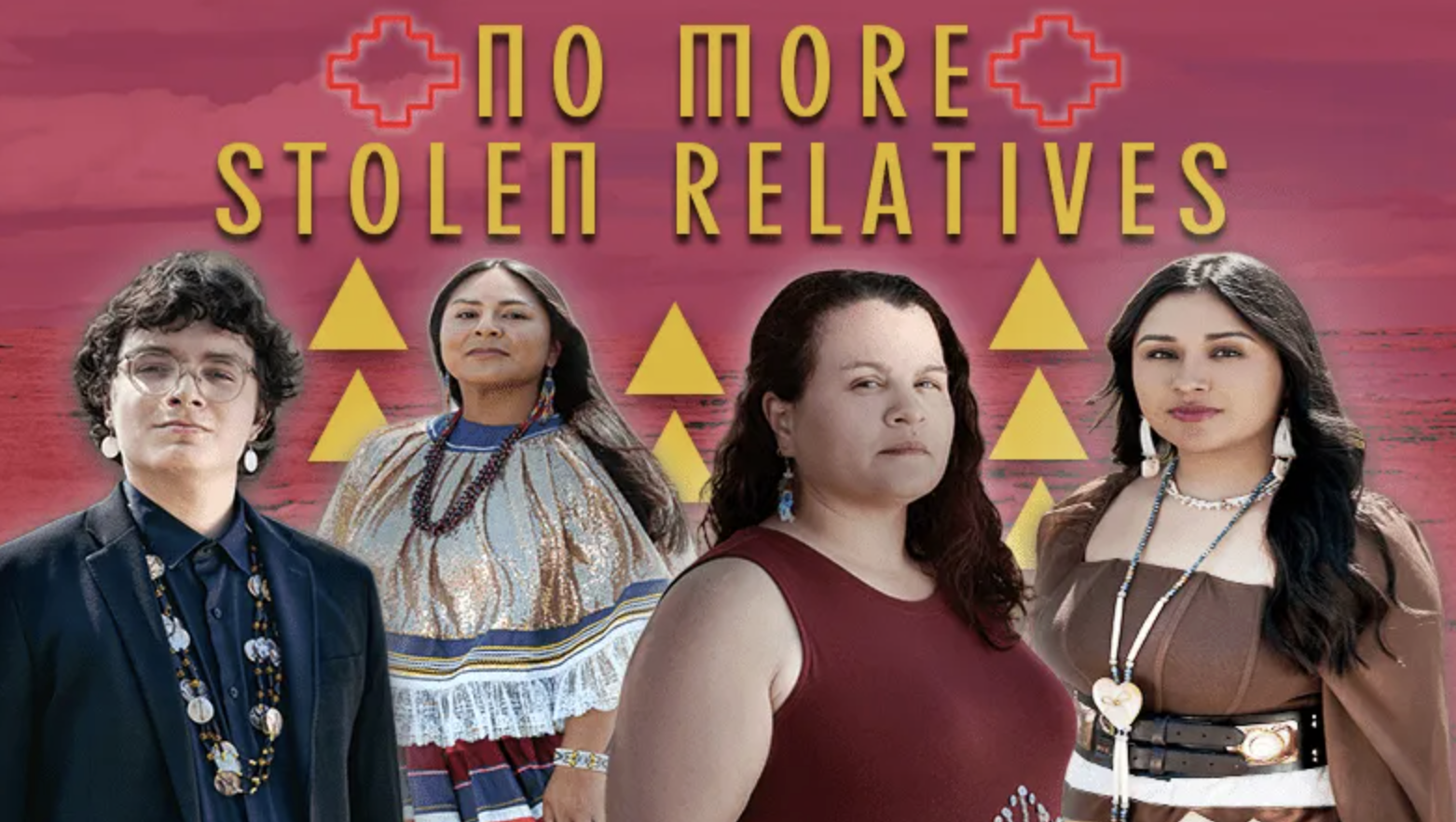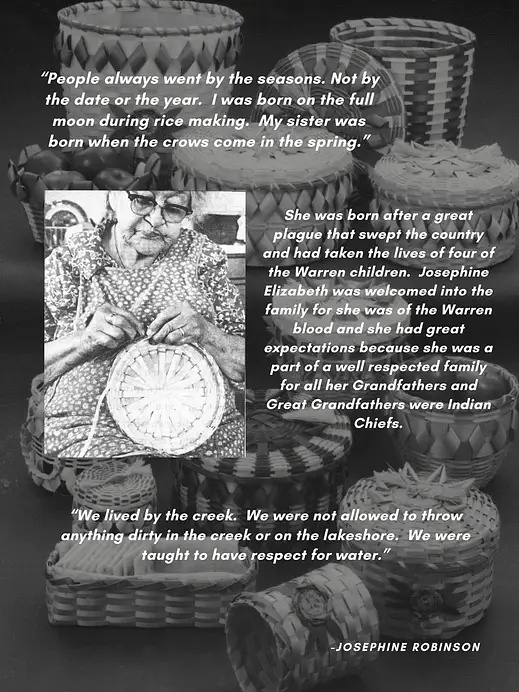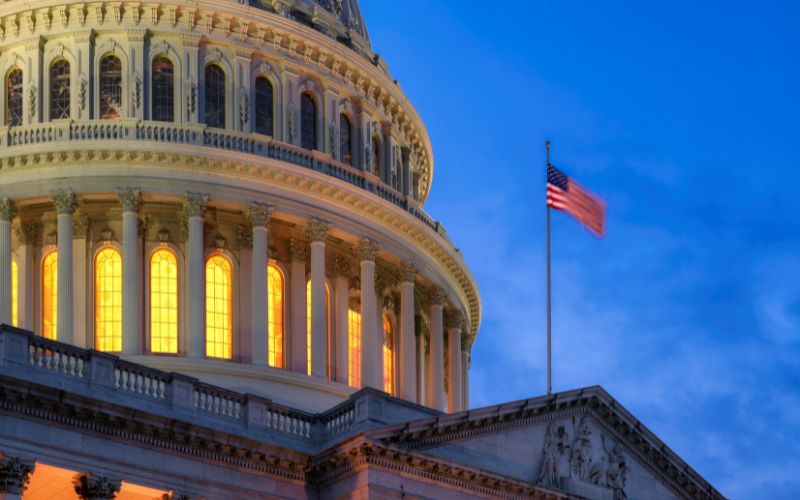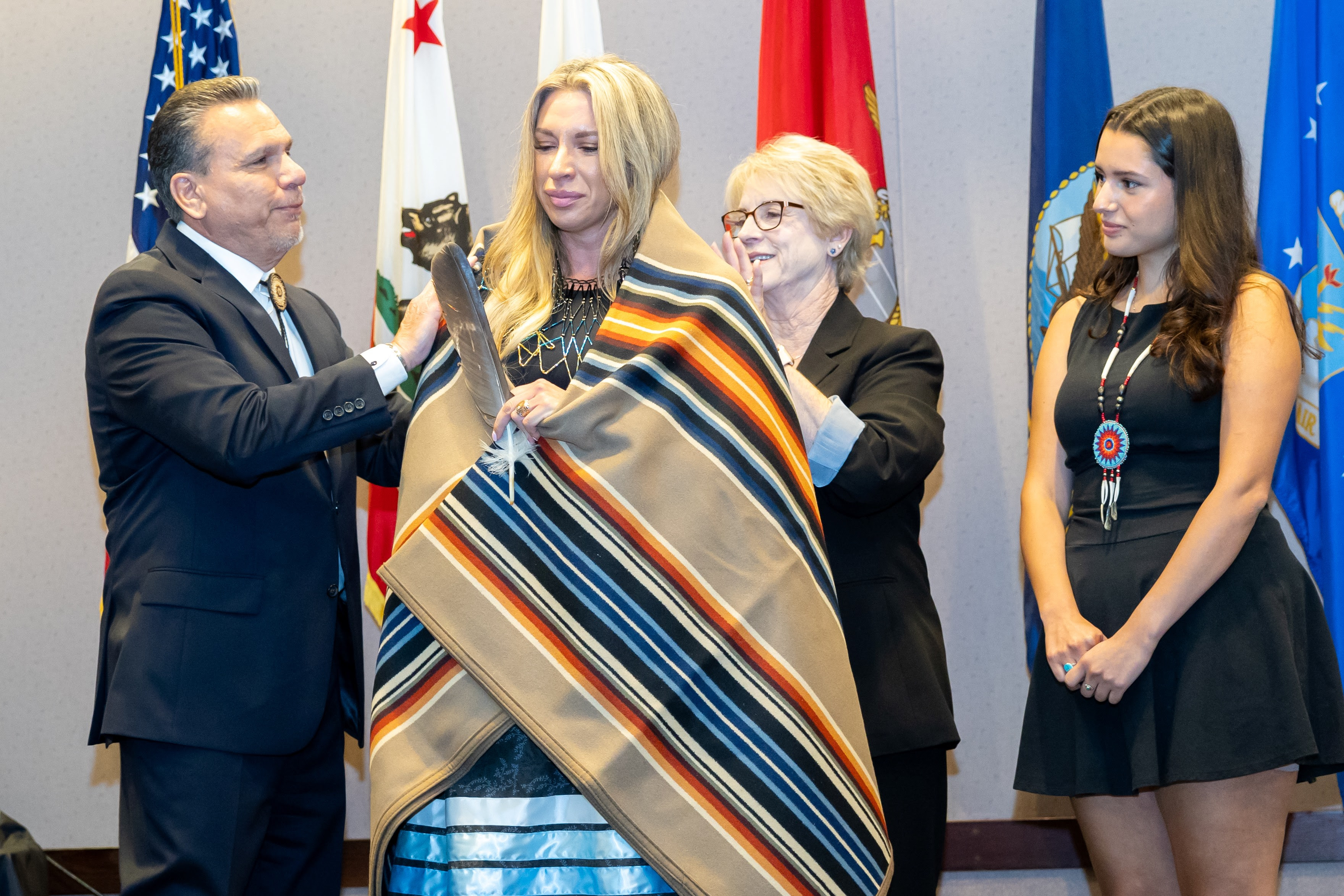
- Details
- By Chickasaw Nation Media
Jamie Jones has been promoted to assistant deputy secretary with the California Department of Veterans Affairs (CalVet) and will continue a family legacy of service in the new position.
In her new role, Jones, of Sacramento, California, will oversee veteran outreach, memorials and cemeteries for CalVet, an organization that serves California’s 1.6 million veterans and their families.
Jones, a Chickasaw citizen, was honored for her new role during a May 22 blanket ceremony, which was hosted by CalVet and included representatives from the Chickasaw Nation as well as Chickasaw veterans. A blanket ceremony is a First American tradition symbolizing a milestone in one’s life and is a means to honor and show respect to the recipient.
Chickasaw Nation Governor Bill Anoatubby praised Jones for being named to the new position.
“We commend her dedication and passion for ensuring veterans receive the benefits and care they need and deserve. We wish her continued success and look forward to the meaningful impact she is sure to make in her new role,” Governor Anoatubby said.
Jones has served the state of California in various capacities for 26 years, with more than a decade of service at CalVet. She said she is humbled to be appointed to the new position.
“I have the unique opportunity to engage with our veteran community through a variety of programs and honor the legacies of our veterans and ensure a dignified resting place for our heroes at state veterans’ cemeteries,” she said.
“CalVet is here to ensure that California veterans are the most connected, protected and respected veterans in America, and it’s the greatest way we can truly honor and begin to repay those who made the ultimate sacrifice for our country.”
Through outreach programs and a variety of other programs, CalVet’s mission is “to serve and honor all California veterans by connecting them and their families with their earned benefits through education, advocacy and direct services.”
“We are there for veterans through every stage of their life cycle and for every moment that matters throughout their lives,” Jones said. “We help them prepare for civilian life as they separate from the military, and we help them connect to their federal benefits, health care and other benefits, as well as their GI benefits, and we do that throughout their life cycle.”
CalVet serves veterans with the mantra “connected, protected and respected,” she said.
“The first point in all of those things is ensuring they’re connected with their benefits, and that’s what we do every day.
“I’m just absolutely honored that I’m charged with outreaching to these veterans through every moment that matters throughout their life and then ensuring that they are in a final honorable resting place. It makes me emotional that I have this opportunity, and I am just so thankful that they entrust this very important role to me,” she said.
Jones first joined CalVet in 2013, briefly leaving the organization to enhance her knowledge of health care with a goal of returning to CalVet.
“I found that working with veterans really had my heart. It’s something that I really believed in,” she said.
Jones is looking forward to connecting Chickasaw veterans who reside in California with Chickasaw Veterans Services and said CalVet’s mission parallels the Chickasaw Nation’s mission to enhance the overall quality of life of the Chickasaw people.
“Being raised Chickasaw and being proud of my culture, the Chickasaws have been good about intertwining and honoring those who served our country. For me, as a Chickasaw growing up that way, living Chikasha, living with honor but serving those who served our country, I’m just beyond grateful to be given this opportunity,” an emotional Jones said.
Born in North Dakota and raised in California, Jones said she receives her Chickasaw heritage from her paternal grandfather, Moses Jones, who died when she was 5 years old.
“We grew up in California, but my dad always made sure that we were connected to Chickasaw culture,” Jones said.
Jones is following a path of service similar to her father, Olin Jones, who was appointed as the first director of the Attorney General’s Office of Native American Affairs in California and served as a peace officer during his career.
“I’ve got to watch him my whole life serving his communities through public safety but more importantly serving tribal communities in California,” she said.
She said her grandfather would be proud she is continuing the family’s legacy of service.
“He danced and prayed and sang about these moments for his family, and it just makes me so proud.”
Jones has two children: a daughter , Makenzie, 23, who is a student at University of California Davis, and son, Carter, 14, a high school student. Both are proud of their Chickasaw heritage. Her partner, Todd, and his son are Cherokee citizens.
“It is so important to raise our kids to be proud of who they are, and proud of being a Native American, learning the culture and how we live and honoring the past, but embracing the future,” she said.
Jones and her family stay connected to their Chickasaw culture through the Northern California Chickasaw Connection, where she is also able to interact with Chickasaw veterans.
“I understand how important it is for those Chickasaw veterans to not only get their state and federal benefits because they live in California, but also connect them with their tribal benefits. That’s a trifecta of services that they can utilize so they are successful, thriving Chickasaw veterans even though (they live) in California. It is really a blessing that I’m serving veterans, but I’m serving Chickasaw veterans as well. It doesn’t get much better than that.”
She said Chickasaw veterans and representatives who attended the blanket ceremony are a testament of mutual support.
“Knowing that my tribe is always there to support me with anything I need, similarly to what we do with veterans and their families, walking them through every moment that matters. Our tribe, the Chickasaw Nation, really mirrors that and I’m appreciative of it. I know if I need anything as far as health care, schooling, anything, I can reach out to the Chickasaw Nation, and they will be there for me.”
Help us defend tribal sovereignty.
At Native News Online, our mission is rooted in telling the stories that strengthen sovereignty and uplift Indigenous voices — not just at year’s end, but every single day.
Because of your generosity last year, we were able to keep our reporters on the ground in tribal communities, at national gatherings and in the halls of Congress — covering the issues that matter most to Indian Country: sovereignty, culture, education, health and economic opportunity.
That support sustained us through a tough year in 2025. Now, as we look to the year ahead, we need your help right now to ensure warrior journalism remains strong — reporting that defends tribal sovereignty, amplifies Native truth, and holds power accountable.
 The stakes couldn't be higher. Your support keeps Native voices heard, Native stories told and Native sovereignty defended.
The stakes couldn't be higher. Your support keeps Native voices heard, Native stories told and Native sovereignty defended.
Stand with Warrior Journalism today.
Levi Rickert (Potawatomi), Editor & Publisher



